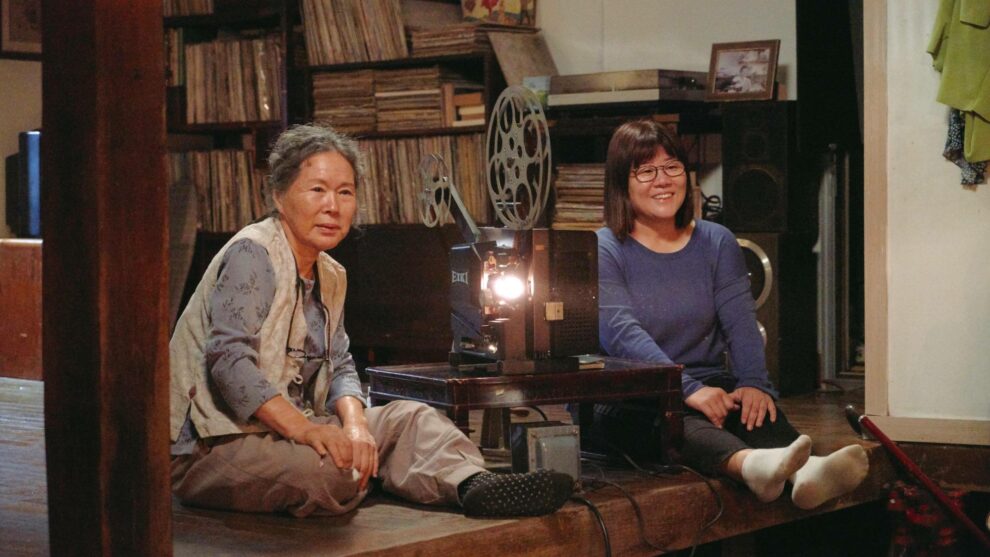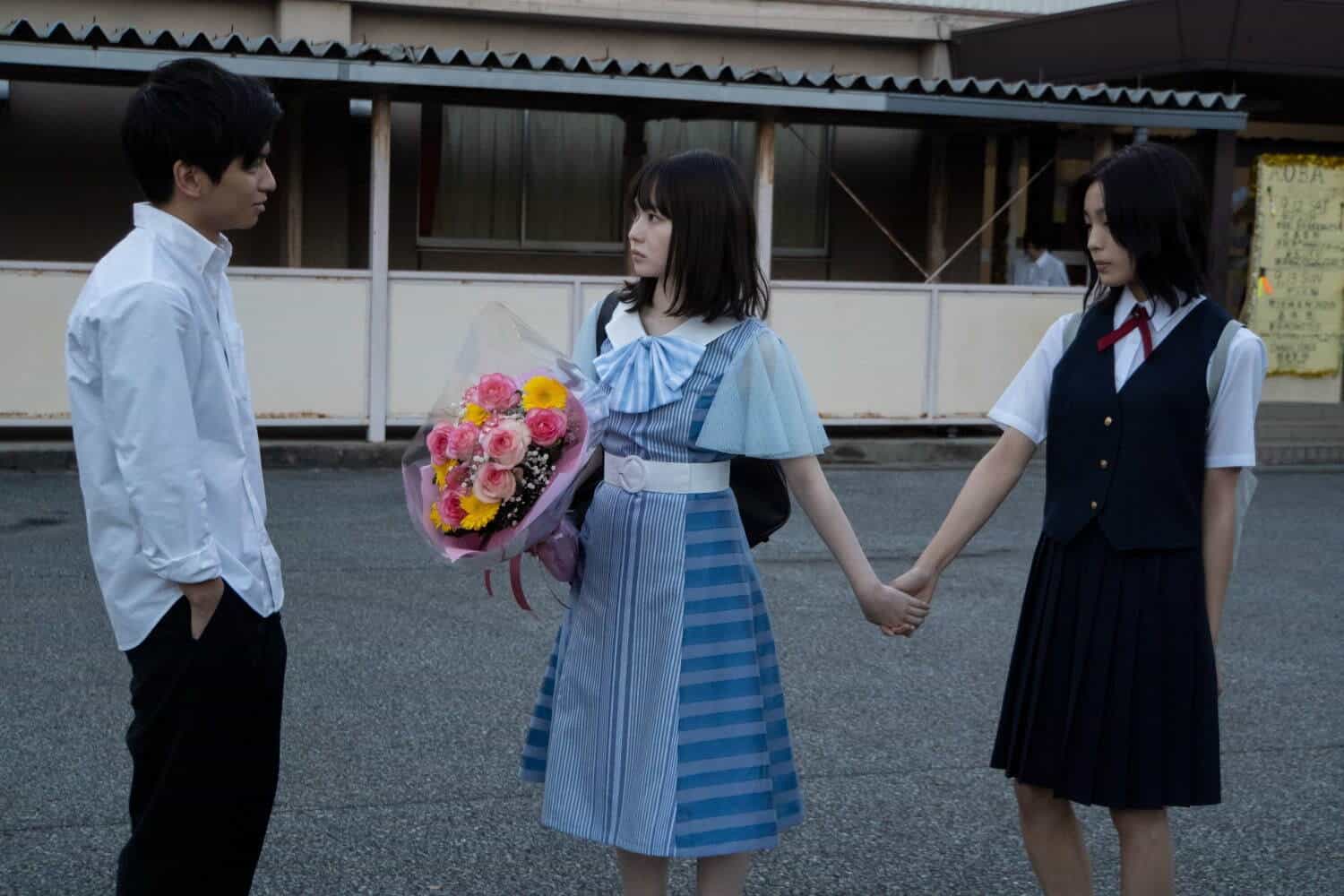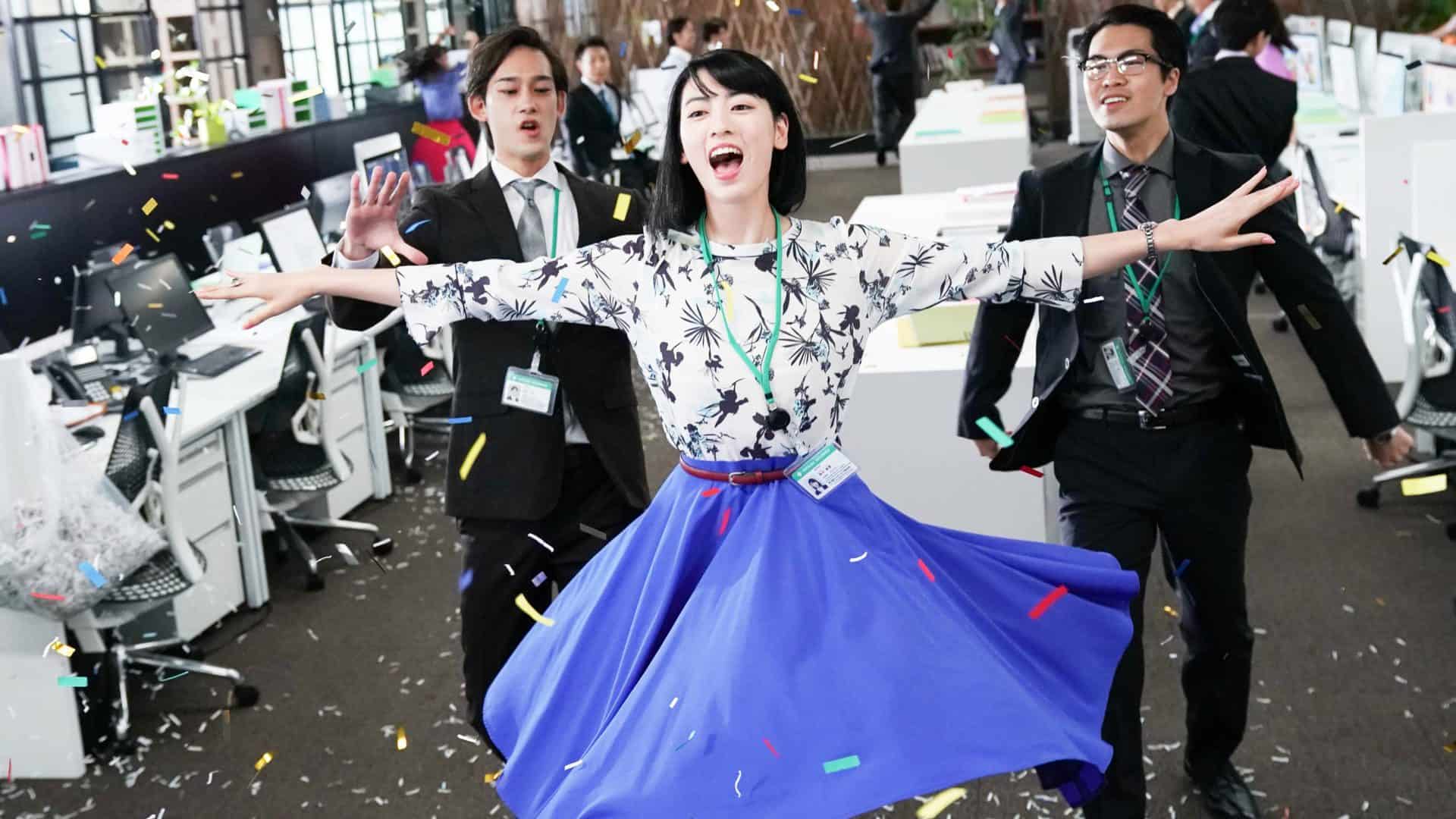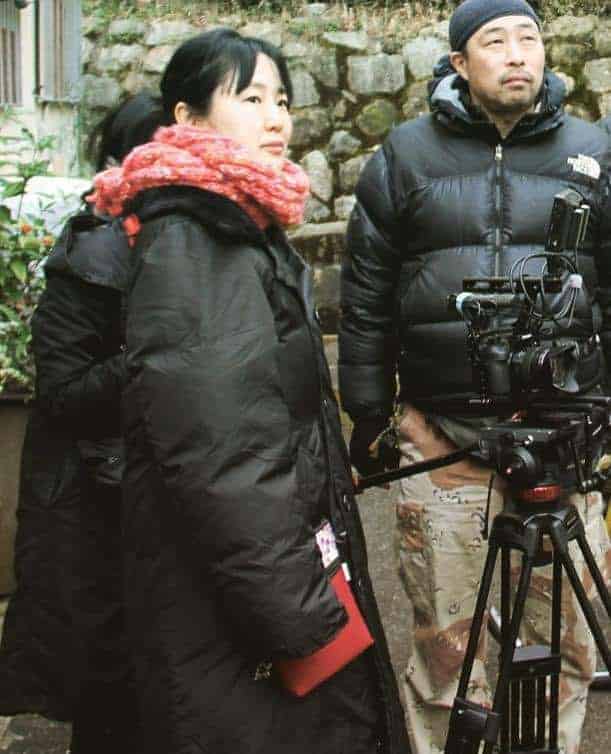Korean cinema's female heritage is yet to have been truly explored and appreciated, which is something that director Shin Su-won clearly aims to rectify with “Hommage” (2021). The film is as much about Korean cinema's past as its present, celebrating the pioneering female directors of old whilst scolding the system that oppressed them. With her sixth solo feature, Shin explores the troubles faced by modern female filmmakers in Korea while also saluting the country's trailblazing woman directors.
Hommage is screening at Women Direct. Korean Indies! Korean Women Independent Film Series

Ji-wan (Lee Jung-eun) has just completed her third film, which has been met with an underwhelming reception. Out of work and unsure of how to move forward with her filmmaking career, she agrees to aid the restoration of the classic Korean film “A Woman Judge” (1962), directed by Korea's second female filmmaker, Hong Eun-won. During her hunt for missing scenes and dialogue, Ji-wan forges meaningful bonds with those involved in the original film, all whilst getting a better grasp on what's most important in her life.
Films about attaining self-fulfillment are often driven by one character, and this is very much Ji-wan's story. There's much to recognize in her struggle to pursue a creative career; unappreciated art, battered confidence, and the feeling of just wanting to give up. Her journey is made more challenging by her responsibilities as a mother and wife to a spoiled and sometimes spiteful son and a sorrowful husband, respectively. Balancing creative pursuits and home duties is an impossibility that eventually catches up with Ji-wan and threatens to harm more than just her directing career.
Check also this article
In restoring “A Woman Judge”, Ji-wan opens herself up to a lost generation of female filmmakers to whom she can truly relate. She finds herself identifying with Hong Eun-won and feeling an obligation to do her work justice by reintroducing it to the world in the most complete fashion possible. The cross-generational bond between the two women is built up subtly and without any direct connection, but you get a sense of their similar personalities and struggles. There's a touch of the supernatural in how Shin presents Eun-won and her legacy, showing the late filmmaker to be more than just Korea's second female director but a rich creative figure with hopes and aspirations beyond her third and final project.
While the censorship and sexism of the 1960s are a world away from her modern life, Ji-wan can understand and appreciate the hardships and sacrifices of Korea's female directors of old. Her blossoming connection with the past allows her to accept and be at peace with her strengths and shortcomings, empowering her to take the next step in a life that's still full of possibilities.
The backdrop to Ji-wan's personal journey is fascinating, to say the least, as director Shin gives us an albeit fictional glimpse into the world of film restoration. Ji-wan's task to restore “A Woman Judge” is filled with setbacks, including censored scenes, missing sound, and stray source elements – most of which are in dreadful condition. Disregarded movies and lost prints are an all-too-common reality in the film industry. These wayward strips of celluloid represent the blood, sweat, and tears of integral voices and house vital pieces of art that are still identifiable and impactful today. Shin's partial exploration of the pains behind film restoration highlights the importance of such work and the challenges that it poses.
Lee Jung-eun's performance is essential to selling the central narrative of personal discovery. Little is required of Lee in the way of melodrama, so she instead conveys much of Ji-wan's personal frustrations with physical subtleties, sometimes no more than a vacant stare through tired eyes. Lee slips into the role of a diffident director so smoothly that you forget that she's not actually a filmmaker. The outstanding supporting role goes to Lee Joo-shil as Lee Ok-hee, who plays an elderly editor left to reminisce on the art and friendships of her heyday. The relationship between Ji-wan and Lee is easily the film's most touching and further bridges the gap between generations of filmmakers.
With “Hommage”, Shin Su-won delicately balances Korean cinema's past and present through a pondering and poignant narrative. Lee Jung-eun's fantastic central performance is crucial to becoming invested in this tale of cinematic heritage, pursuing passions, and finding meaning in one's work. “Hommage” celebrates and critiques the Korean film industry in equal parts but ultimately displays a burning affection for the art of cinema while seeking to inspire others.















